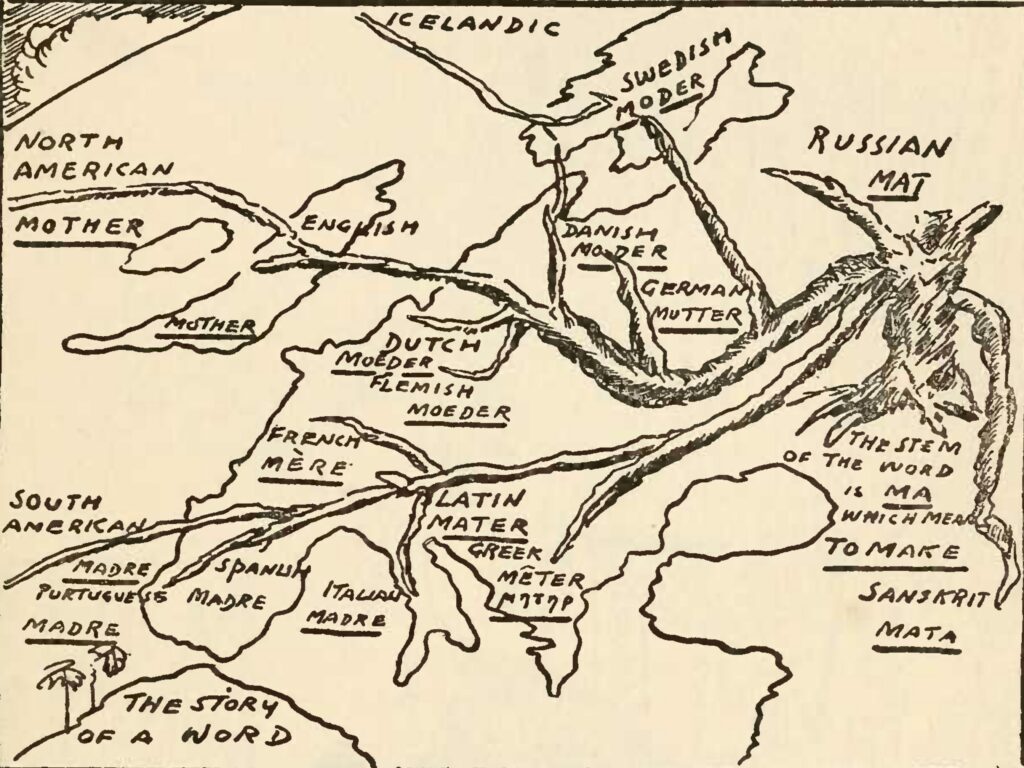
When someone asks you to define the word “wealth”, what comes to your mind? “Financial riches”, “fortune”, “material abundance”, and “affluence” are not uncommon words to hear associated with the term “wealth”, but this is a limited understanding of wealth. My intentions in this post are twofold:
1. To articulate how wealth is to be defined and understood throughout this blog. 2. To broaden people’s understanding of what wealth can be.
Although I am sure that the definition and understanding offered below will evolve over time, for now it provides a good foundation for us to begin building multigenerational wealth regardless of your present circumstances. So let’s get started.
An etymology of wealth
Historical understandings of wealth have evolved over time. These understandings were not just in reference to economic riches, abundance, or physical assets. An Old English origin of the current word “wealth” was the word “weal” which meant “well-being” or “welfare”. Other early understandings of wealth referred to it as meaning “happiness”, “prosperity”, and as an analogy of health. Collectively, these earlier understandings of wealth inform how wealth is understood and discussed throughout this blog. Consequently, an understanding of wealth need not be limited to the discipline of economics. Wealth in terms of time, knowledge, health, spirituality, and human and social capital are a few of the various types of wealth that this blog aims to help people build across generations.

Types of wealth
Wealth can be measured and assessed in different ways depending upon a given time and place for each person. When you are a young child, you find that your wealth in terms of time and energy is immense. Additionally, as a child, your capacity to unconditionally love a parent who is always correcting your every word or action affords that parent a wealth of love that is priceless and unmatched by anyone else. Conversely, in our twilight years of life, we find that we have a wealth of memories and patience to share with young children who often lack, but value, both. Each example helps to illustrate that the value of wealth we can build and possess over time changes, particularly as our perspectives and circumstances change.
Such changes, however, do not mean that different generations cannot equally value the same type of wealth at one time. The truth in this claim can be seen every day when an elderly person stops to speak or play on the floor with a young child. Although their shared time is brief, the wealth of time and kindness shared and gained by both is equally treasured and valued. In the end, the types of wealth we decide to build and share across multiple generations are varied and driven by what we value in our lives.
Inherent and created wealth
We all enter this world with some recognizable inherent wealth, whether it is terms of our family, our health, or our potential to live a full life. Regardless of the size or value of this initial wealth, it serves as the basis for each of us from which we go on to pursue, create, and build new types of wealth. In the long run, a noteworthy, underlying purpose of building our wealth over time is to help support ourselves and others across generations as we try to fulfill our potential in life.

Defining wealth on your terms
I hope my understanding of wealth has broadened your own understandings of wealth. With so many types of wealth worthy of your time and efforts, I appreciate it can seem daunting to identify which wealth types you want to begin building. To help you get started I suggest identifying which of the following wealth types that you currently value and maintain.
Types of Wealth
- Intellectual
- Health
- Spiritual
- Financial
- Your choice
Once identified, figure out what actions you can take over the next month that can help you build on one of your identified wealth types for yourself and someone you know. There is no need to take big or multiple actions immediately, small steps made over time are fine. The key is to start today and then to continue putting forth effort until cultivating any particular type of wealth becomes second nature to you.

Be First to Comment